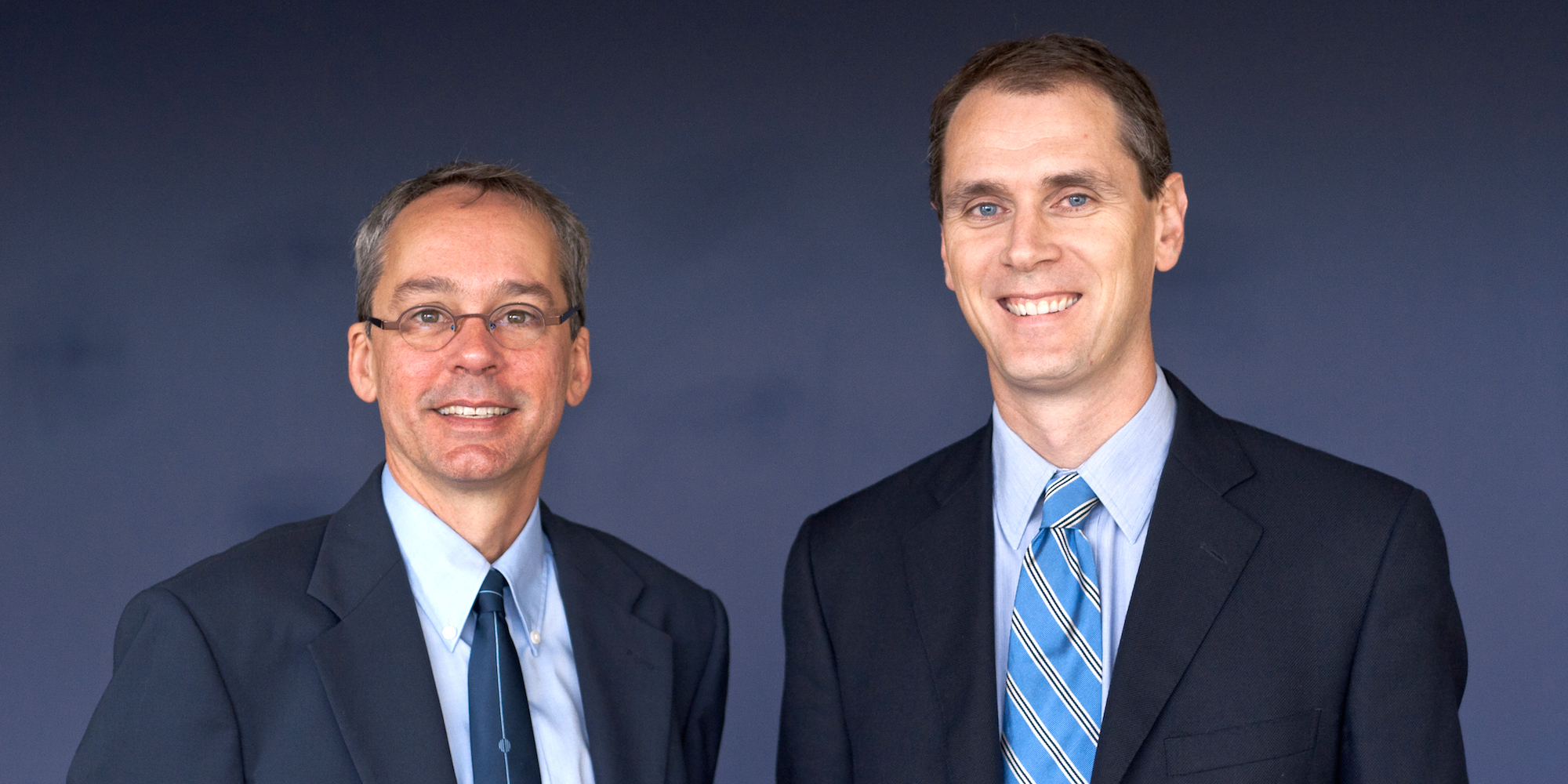Professor Mark Hall, a leading scholar of health law and policy and bioethics in the United States, wants to make it easier for doctors and patients to discuss medical costs.

"It's a difficult thing for doctors and patients to talk about, the money side of things," says Professor Mark Hall who is currently visiting Melbourne Law School.
"One of the issues we've been struggling with in the US is that as patients are forced to bear more responsibility for costs and decision-making about spending, they need more information and better information."
One of the leading thinkers on health care policy in the US, Professor Hall is visiting Australia to learn more about our health care system.
"On the one hand every country is unique and you wonder if there's anything that will translate to another place, because it's all contingent on the history of the particular institutional structures, the politics, the economics, the society. On the other hand, seeing how similar elements get resolved in different ways really helps to expand horizons of possibility."
Professor Hall is working with Professor David Studdert at Melbourne Law School on a joint project that will investigate how doctors and patients discuss medical fees.
"Australia has quite a developed set of principles with regard to what is known as informed financial consent. This is taking the informed consent idea, which originated to deal with treatment options, and extending it to disclosure of information about costs. Informed financial consent has been developed and adapted here for at least a decade to deal with the problem of the gap – the part of medical costs that aren't covered by insurance."
"The issue of the gap has produced, I think, a very useful innovation in the informed consent idea which I hope to carry back to the States and help advance a model for how doctors can do a better job in talking to patients about costs."
Hall and Studdert's work investigating informed financial consent and gap billing in Australia will bring an academic focus to an often contentious topic. They plan to publish their results later in the year.
Professor Hall's previous work has tackled some of the most difficult questions in health policy: How do we make fair decisions about allocating funds in an era of ever rising costs? How can regulation be a positive force in shaping health care markets? What does the concept of trust mean in doctor/patient relations and how can it be measured?
A professor of law and public health at Wake Forest University, North Carolina, Hall is currently engaged in research in the areas of consumer-driven health care, doctor/ patient trust, insurance regulation and genetics. He is widely published in the area of health care law.
Professor Hall presented last month's Sir Kenneth Bailey Memorial Lecture, named in honour of the fourth dean of Melbourne Law School and attended by his son, Professor Peter Bailey.
Professor Hall spoke about the current status of health care reform in the US, to date the most controversial initiative of President Obama's term. Hailed as a huge success by some, but anathema to liberty by others, "Obamacare" remains under assault both in the legislature and in the courts.
"Health care reform is not yet done," says Professor Hall.
"The battle is being waged on several fronts: in the courts, in Congress and in the public's opinion. With enactment of the health care bill, the work of health care reform has only just begun."
Image: Professor Mark Hall and Professor David Studdert. Photograph by Jack Fagan.